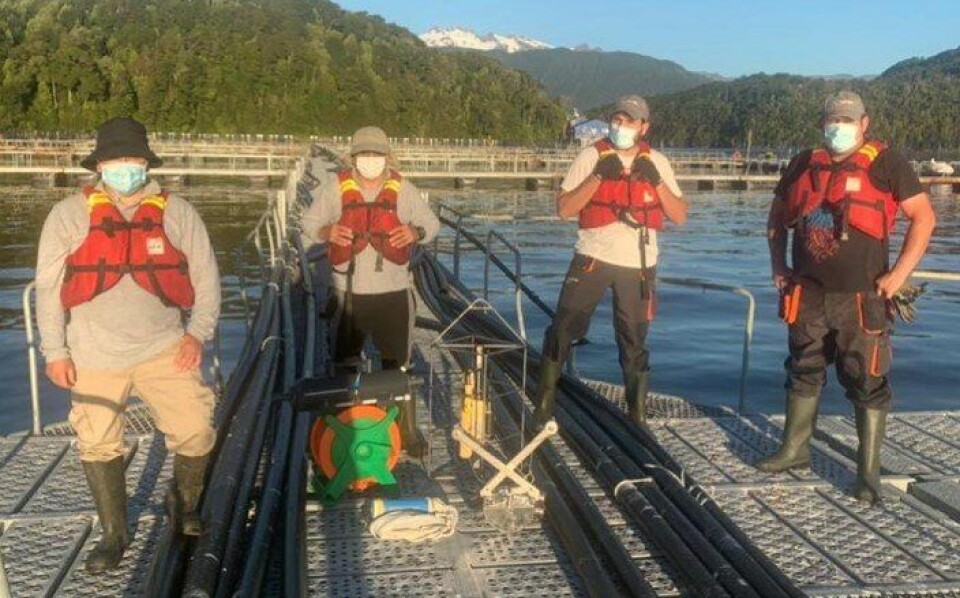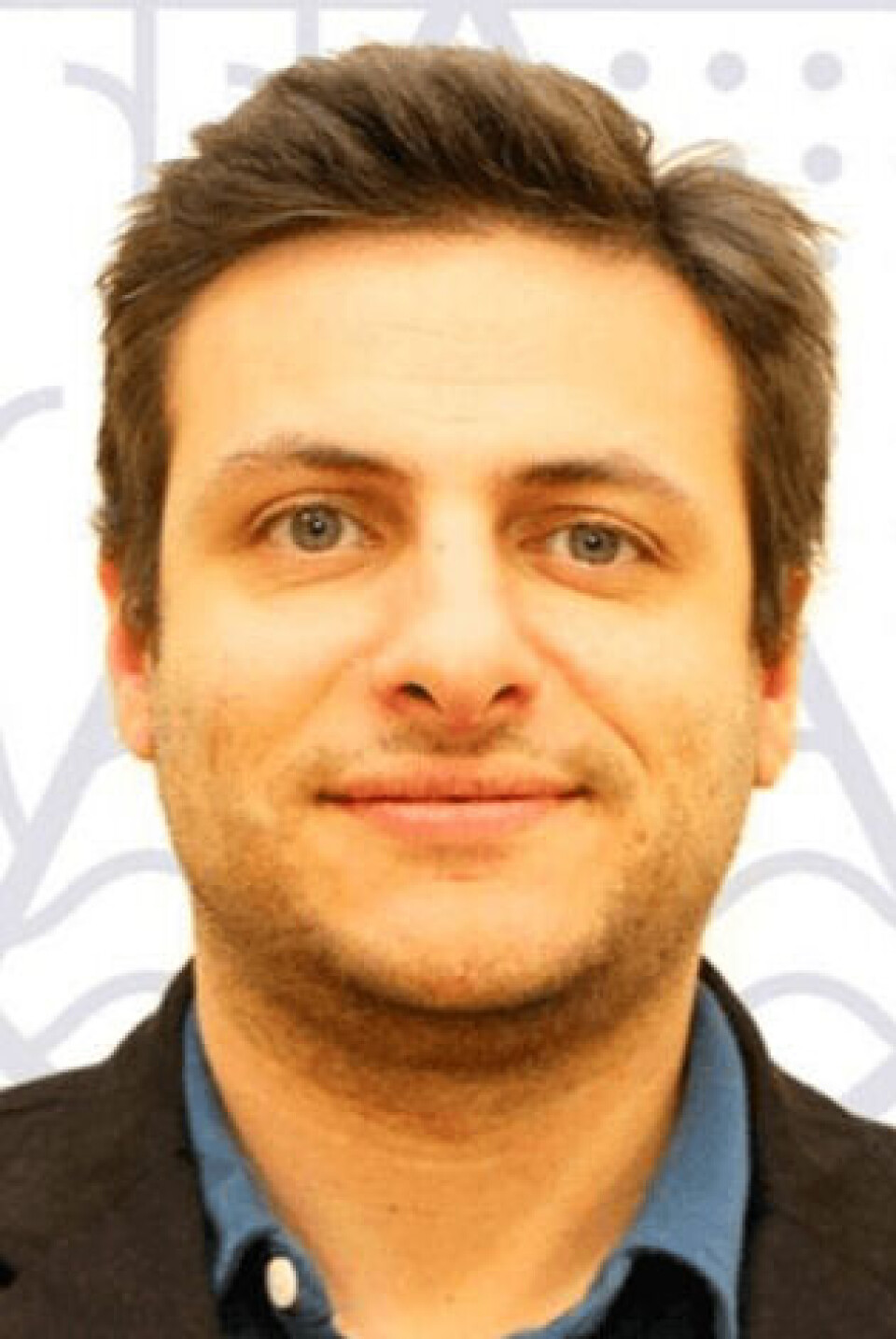
Fighting algae with algae in Chile
Salmon farmer Blumar is taking part in a multitrophic aquaculture project which it is hoped will help protect stock from harmful algal blooms.
The Chilean fish farmer is working with producers’ organisation SalmonChile, the University of Aysén and artisanal fishermen on the pilot project, which is financed by the regional government.
Salmon and macroalgae (seaweed) will be grown together at three Blumar sites in Aysén - Ester, Oreste and Quintana – which will be stocked next month.

Greater resilience
“The macroalgae will allow a greater resilience of salmon crops against the action of microalgae, preventing flowering, among other environmental advantages that have been proven,” said project director, Cristián Mattar, a professor at the Universities of Chile and Aysén.
“It is a step toward the implementation of these technologies at the industry level and to advance with other aquaculture species later,” added Mattar, who was speaking at a digital meeting called “Aysén: opportunities and development from aquaculture”.
The project was developed long before the recent algal blooms that have killed 6,000 tonnes of salmon in Chile in recent weeks, although that mortality does illustrate the problems that can occur. Funds to develop the macroalgae initiative were granted in September 2019, but progress was delayed first by widespread social unrest in Chile and then by Covid.
Fishermen
“We began to do the first prospecting with Blumar, a company that works with us, and in March 2020 the pandemic unfortunately arrived,” said Mattar.
“So, we collected satellite information and today we are entering the water to carry out the environmental assessment, with technical measures in situ that will allow us to advance with an important firmness.”
Currently, the multitrophic aquaculture initiative works with a community of artisanal fishermen, which has deep experience in the management of algae, so that together with sustainable value, the project transcends throughout the regional population of Aysén.
“The resulting salmon will not be priced solely for product quality but will be certified by other standards that would give it a higher price, such as the so-called ‘happy hen eggs’ which are sold at a higher value. After starting the pilot, our goal is to scale commercially,” said Mattar.






















































